 ABOUT TAC
ABOUT TAC
Traditional anthropological research conducted among tribes inhabiting remote areas where insurgents and criminals operate has become increasingly difficult to implement. Studies carried out among people living in small-scale societies now are nearly impossible due to the physical dangers associated with the civil and religious unrest found in those areas. Swat, for example, has become so dangerous that Frederick Barth's studies only could be repeated at the risk of the investigator's life. Similar research is not feasible among Burma's Rohinga tribes located on both sides of the border with Bangladesh, as well as with the Pashtuns in Afghanistan's interior and within Pakistan's Federally Administered Tribal Areas, where even Pakistan's army enters with reluctance.
Given the difficulties of conducting direct fieldwork in conflictive areas, the Tribal Analysis Center utilizes an indirect approach. Using multidisciplinary research, we seek to collect and analyze data obtained from a wide variety of sources, both current and historical. In the absence of new ethnographic fieldwork to update our base of knowledge, the Tribal Analysis Center compiles and summarizes existing research and documents on tribal societies, combining this material with contemporary press reports and articles. We assume that much can be gleaned from well-informed observers who are not anthropologists, ranging from journalists and travelers to government officials.

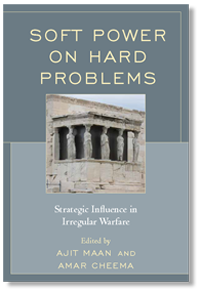
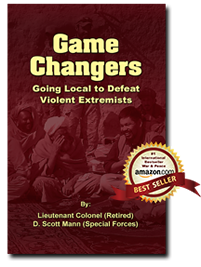
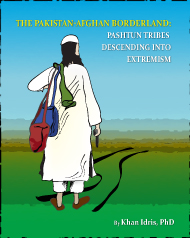
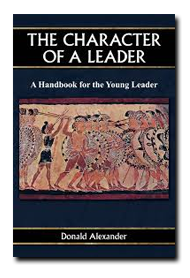
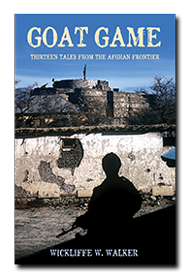
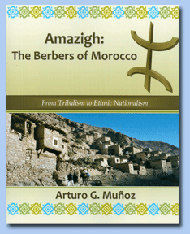
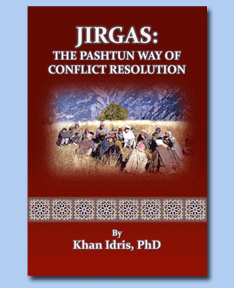
 The Private Journal of
The Private Journal of